Facilitating change through the Transition Narrative towards Society 3.0 (Humanity 4.0)

Transition from surviving to sustainable development, from resilience building towards a thriving world in which humanity is inspired by & lives in balance & harmony with nature.
5P’s of sustainable thrivability
People – Planet – Progress – Purpose – Passion

INSPIRE people in HARMONY with the planet
for BALANCED progress towards
building communities that THRIVE!

Facilitate transformational changes in social values, resource needs and technological advancements, in which people, their capacities and human values matter and are central to the approach.
UNlearn to RElearn

Focus on CAPACITIES
= uniqueness + limitations
of self, team, company & extended enterprise to enable
collaboration, co-design and co-creation

Inspire one – 1x = X1 – motivate many!
Learn from the changing world and share your change to the macro!
Learn how you can participate your contributive change at the micro!
We change the way we LIVE! We change the way of LIFE!
Thriving in the flow of Life! Ideas for Life! Soul of Life!
For humanity and communities
(self and your immediate environment)
From ME to WE,
from EGO to ECO,
from SILOS to COLLECTIVE CREATIVITY
Connecting the econological shift (following the sequence is essential)
- spiritual connected: connection between self and self
- social connected: connection between self and others
- ecological connected: connection between self and nature
Encouraging entrepreneurship (social, community and/or commercial)

For organizations and extended enterprise
(corporates, institutions and their stakeholders – extended enterprise)
From SHAREHOLDER to STAKEHOLDER Economics!
From GROWTH & PROFIT to PROGRESS!
Adding the 2Ps: PASSION & PURPOSE
Think, act and lead without the box!
Transforming organizations and the extended enterprise to form lattice TEAL circles and working environments, which are agile, holistic and open.
Encouraging intrapreneurship (innovation, co-creation and agility)
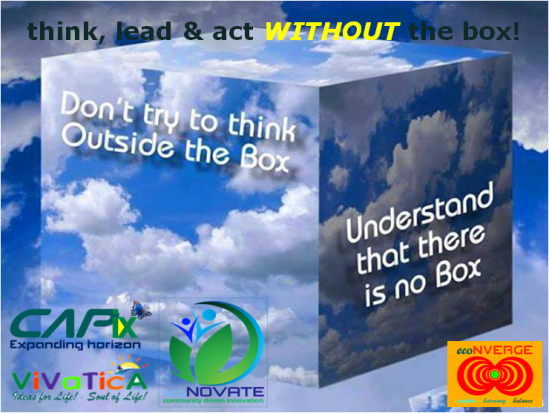
How to ignore the box
- apply lateral thinking techniques (TEAL – lattice circles & agile OD)
- rethink situations as opportunities
- connect the dots between creativity & innovation
- walk the positive road – Learn to dream (Ai)
- generate innovative opportunities aligned with your needs
- promote intrapreneurship | encourage entrepreneurship
Lattice or TEAL organization forms take on worn-out corporate ladder inproductivity and adopt more agile ways to engage its people, processes and ultimately the extended enterprise in which a corporation operates.
Whole Systems Transformation is a journey!
Systemic change is required at all levels of our society!

Whole System Transformation modality (Sullivan Transformation Agents)
Some references in this emerging evolution
– Otto Scharmer (Theory U & Presencing Institute)
We are collectively creating results nobody wants. That’s why leadership should help people to see the whole system. It is time to change our organizations and institutions, and bust three leadership myths.
3 visible divides:
The ecological divide: we currently use 1.5 times Planet Earth; that is our ecological footprint. This is the divide between self and nature.
The social divide: 2.5 billion people live on less than $2 a day. Here we see the divide between self and other.
The spiritual-cultural divide: people are excluded, experience lack of meaning and more and more feel depressed. The divide between self and Self. Capital Self represents your highest future potential that you may develop – what you are here for on Planet Earth.
– Frederic Laloux (Reinventing Organizations)
If we define Tops, Middle, Bottoms, and Customers, not as static boxes on an org chart, but as relational spaces or contexts, then they are still very much present. People just flow and navigate between these different spaces, including within the same day. So, on one initiative I am leading it, and I am in a Top space. Another time, somebody else is leading and I am just following; I am the Bottom. And in another situation, I might be sort of the Middle, somebody else is really leading the big picture of it, but I am designing some elements; I am coordinating some stuff.
And what this brings I think, is an enormous relief for the Bottoms and the Middles, and also for the Tops! We tend to think that being Top is so great. We often underestimate the weight of the poor people at the Top of the organizations who constantly have to be Top, and can never relax into Bottom, where I can just follow. I will do my share, but I don’t need to be in a leadership position”.
Hierarchy isn’t abandoned at Teal; what is dismantled is the static form of hierarchy that is in the buttress of the org chart. The goal of self-management is not to make everyone equal, to have everyone having the same say on all the questions. It is really the opposite. It’s to have natural hierarchies, and to have lots of natural hierarchies.
The following illustrations may assist you in understanding the evolutionary transition of humanity and how we transform communities and organizations to adapt to the changing future:

Evolutionary breakthroughs in human collaboration
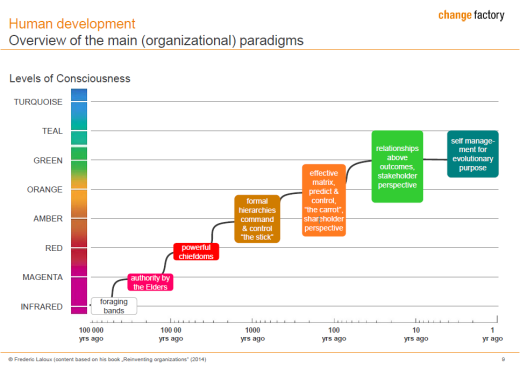
The evolution of organizational paradigms

Evolution from Change Management to Change Facilitation

Kotter 8 step change model
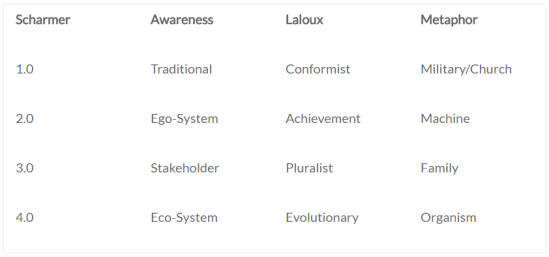
Stages of human evolution according to Frederic Laloux and Otto Scharmer

The challenge response matrix

Social Evolution Matrix co-creative eco-systems

Paradigms of Economic Thought: symptoms of systemic disconnects

From hierarchical control structure to ecological approach with whole systems transformation.

Theory U – Leading from the Emerging Future

Biomimicry – applying nature’s principles
Further reading:
Reinventing Organizations
~ by Frederic Laloux
www.reinventingorganizations.com
www.reinventingorganizationswiki.com
Leading from the Emerging Future
~ by Otto Scharmer
www.ottoscharmer.com
www.presencing.com
Perspectives on Teal: Laloux & Scharmer
~ by Michael Stern, Integral Alignment, for Enlivening Edge Magazine
www.enliveningedge.org/features/weaving-perspectives-teal-organizational-economic-mystical
www.enliveningedge.org/features/weaving-perspectives-part-2-response-ability-living-systems/
Other sources of reference active in this transition:
Alexander Laszlo – Leadership and Systemic Innovation, International Society for the Systems Sciences
Anna Blume – Impact Journey – Creating the Future
Arthur Brock – Agile Learning Center
Bernard Lietaer – The Future of Money: Beyond Greed and Scarcity Rethinking Money, Complementary Currencies
Bert-Ola Bergstrand – SoCap – Living Bridges, LUSIC, Skoll Foundation
Charles Eisenstein – Sacred Economics
Dana Pearlman – Global Leadership Lab
Dave Snowden – Cognitive Edge
David Cooperrider – Appreciative Inquiry
David Eggleton – Applied Ecologics
David Hodgson – Global Leadership Lab
David Suzuki – Solutions are in our nature, interconnected and interdependent with nature.
Della Duncan and Robert Raymond – Economics for Transition
Edgar H. Schein – Humble Leadership, The Essence of Change: Brainwashing, Culture Evolution and Organizational Therapy
Ellen MacArthur – transition to a circular economy
Erwin Van Waeleghem – Teal-for-Teal, Tealpirator
Eugen Oetringer – Leading in a Complex Environment
George Pór – Enlivening Edge
Giles Hutchins – Future Fit, Illuzion of Separation, Cultivating Leadership
Giorgio Bertini – Learnign Change
Gunter Pauli – The Blue Economy, ZERI
Holger Nauheimer – Radical Inclusion, Change Facilitation
Irma Wilson – Social Innovation Europe, the Next Edge, FutureSharp
Jae Sabol – One Community
Jean Russell – Thrivable.org, Co-creation
Jeff Mowatt – People-Centered Economic Development
Jennifer Sertl – Agility3R, Strategy,Leadership and the Soul
Jeremiah Owyang – Collaborative Economy
Jeremy Rifkin – The Zero Marginal Cost Society, The Third Industrial Revolution
Johan Roels – Crucial Dialogues
John Elkington – Breakthrough Business Models
John Hagel – Deloitte Center for the Edge
John Kellden – ConversationLab
Kathryn Ananda – Positive Handprints, 5P’s of Thrivability
Katie Teague – Money and Life Movie
Kelly Teamey – Enlivened Learning
Kevin Parcell – The Reconomy Global Cooperative
Klaus Bravenboer – Biomimicry in Organizational System Design
Leif Edvinsson – New Club of Paris, Universal Networking Intellectual Capital
Marcella Bremer – Leadership Change
Mario Fleurinck – Digital transformation
Maureen Kelsey – Call2Change
Michael Reuben Stern – Integral Alignment
Michel A. de Kemmeter – Otherways – UHDR
Michel Bouwens – P2P Foundation, Safe the World
Michelle Holliday – The Age of Thrivability, Thrivable World
Paul Polak – Design for the other 90%, iDEorg
Peter Senge – System Thinking, Society for Organizational Learning, The Fifth Discipline
Peter Vander Auwera – Sacred Spaces, InnoTribr
Rafael Staelens – Planetecova
Ralph Thurm – GISR – Global Initiative for Sustainability Ratings, A|HEAD|, Embedding ThriveAbility
Robert Reich – Inequality for all, Saving Capitalism
Robin Lincoln Wood – Embedding ThriveAbility Foundation
Roland Sullivan – Whole Systems Transformation
Sarah van Gils – Syntony, Evolutionary Leadership
Stanislas Jourdan – basic income, Quantitative Easing
Steve Keen – Debunking Economocs, Debt Deflation, IDEAeconomics
Thomas Friedman – The World is Flat
Torben Rick – Organizational Culture Change
Yasuhiko Genku Kimura – Vision in Action
and many more.
Also @econolgics may be a good source for keeping up to date on the subject of our changing world.
Join the dialogue & participate with a circle of people making a difference growing from surviving to sustainable development, from resilience building towards a thriving world in which humanity is inspired by & lives in balance & harmony with nature.
We drive change for a better environment, life & future for generations to come.
@econologics unites people making a difference in our socio-economic & -political society. We share & brainstorm ideas & practices around new models from around the globe, exploring opportunities for collaboration to establish both public and corporate sustainability, resiliency and thrivability.
The group aims to advocate change to our global-2-glocal environment – from our smallest circle of family, friends, acquaintances to the professional circles & circles of influence we develop in this connected world.
@econologics – sustainable balance in our social & economic circle of life!

LI: www.linkedin.com/groups/Econologics-3825482
FB: www.facebook.com/groups/Econologics
G+: http://plus.google.com/u/0/communities/116249886169285481548
PaperLi: http://linkis.com/paper.li/Zj1Rr
Follow us on twitter @knowledgEnabler
www.twitter.com/knowledgEnabler
You can also contact us for coaching and speaker engagements
www.expertfile.com/experts/joris.claeys
or connect with me on LinkedIn:
www.linkedin.com/in/knowledgenabler
We facilitate and cultivate change
For companies, teams and CXO levels:
Intrapreneurs coaching & branding/strategy for corporations
 CAPix – expanding horizon
CAPix – expanding horizon
Think, lead & act without the box!
Moving Knowledge & Solutions Forward!
www.linkedin.com/company/capix
www.facebook.com/CAPix.horizon
For communities and entrepreneurs:
Entrepreneurs & incubation coaching for the creativity sector
 ecoNOVATE – community driven innovation
ecoNOVATE – community driven innovation
Making communities & business human again!
www.linkedin.com/company/ecoNOVATE
www.facebook.com/ecoNOVATE.net




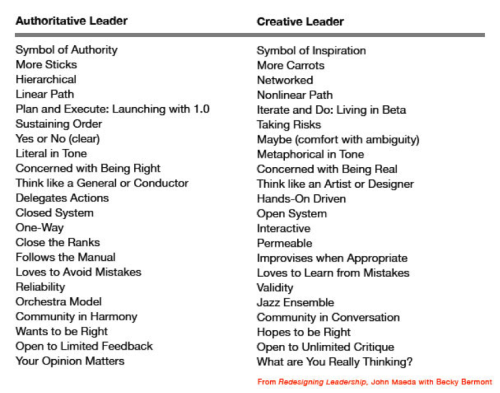

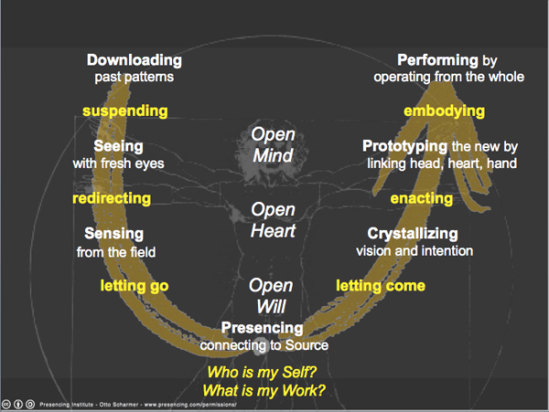





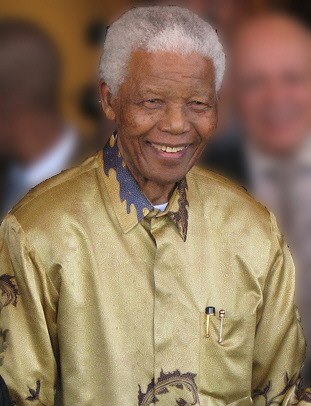






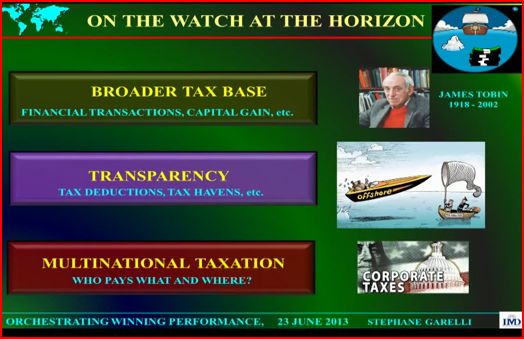

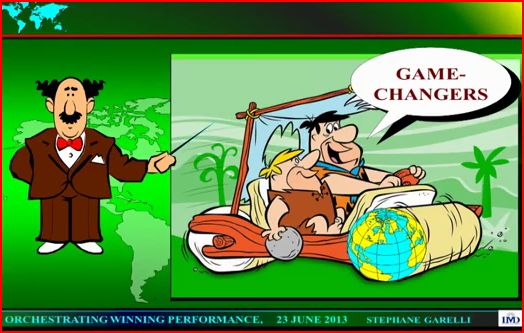






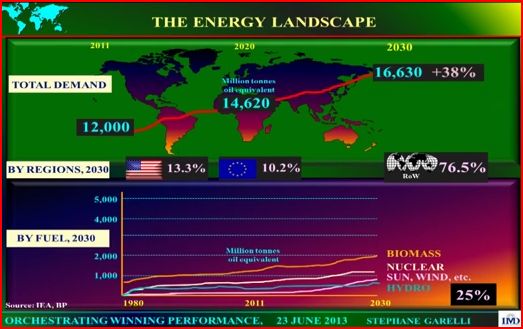












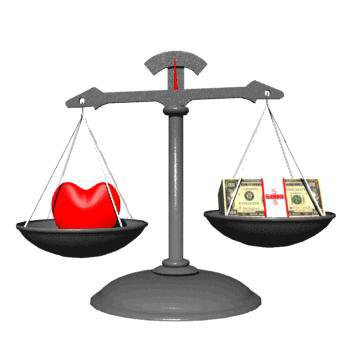




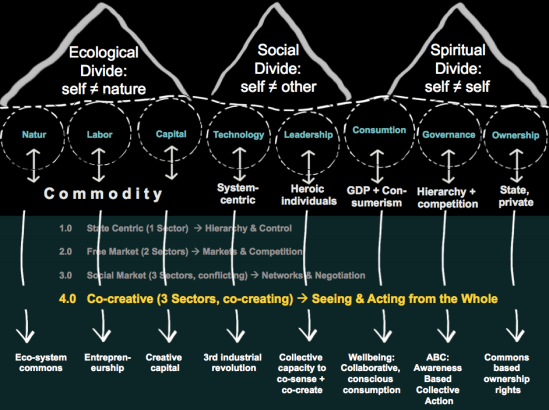
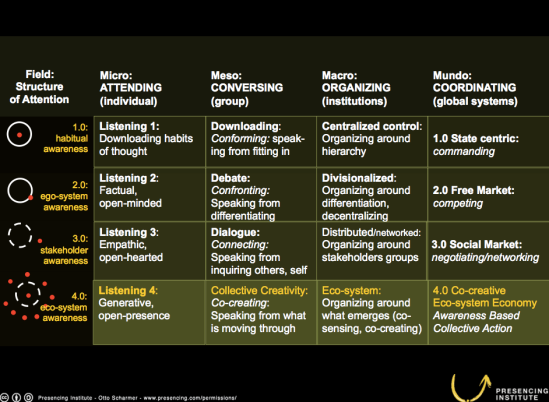






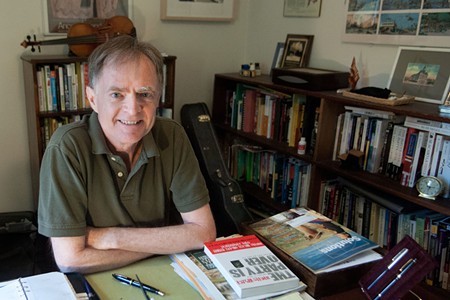







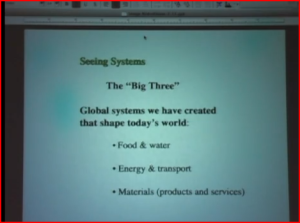
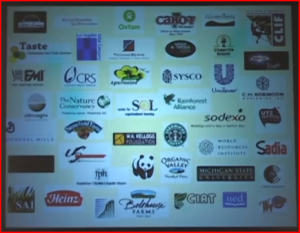




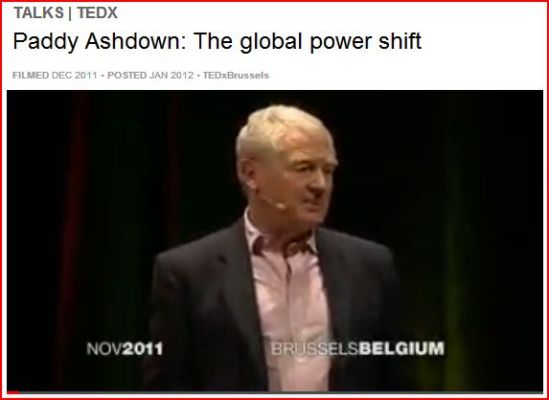


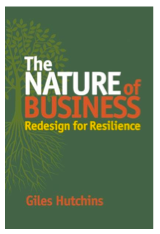


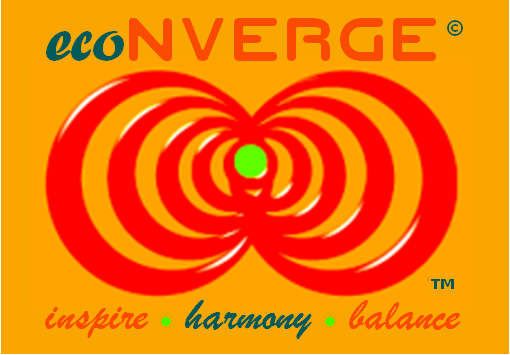

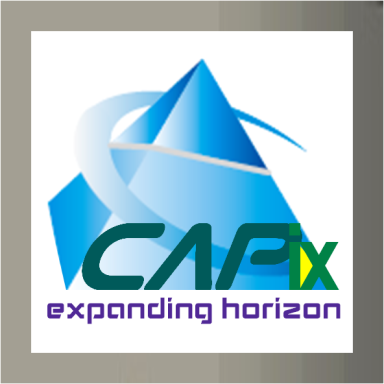


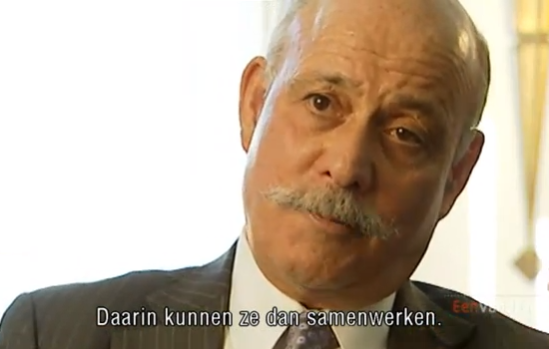




You must be logged in to post a comment.